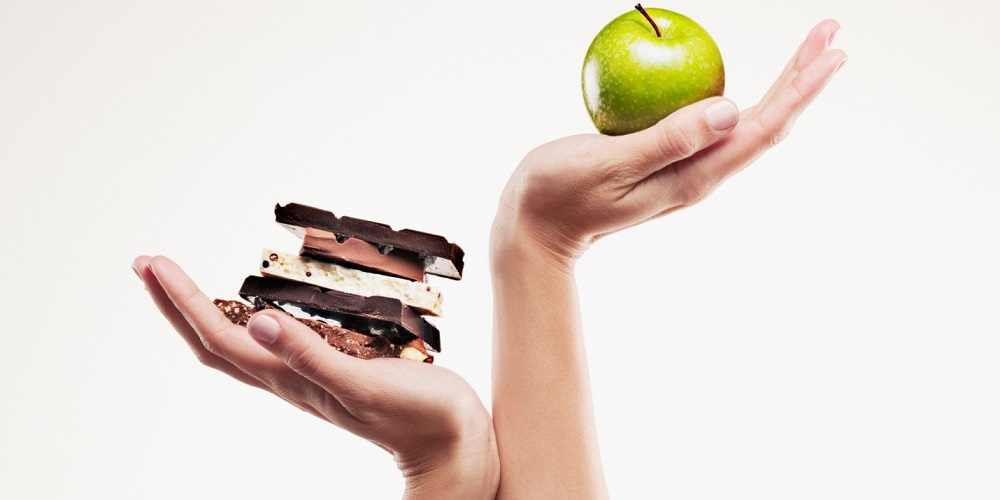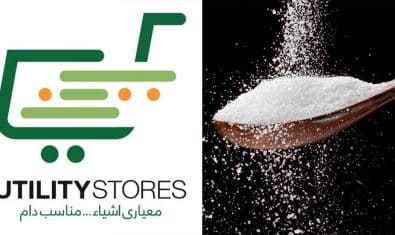Planning Commission of Pakistan, in collaboration with Food and Agriculture Organization of the United Nations, is set to launch ‘Pakistan dietary guideline for better nutrition’, in order to provide dietary characteristics to overcome the malnutrition and ensure the availability of healthy food for all age groups.
The initiative is also aimed at overcoming the malnutrition, stunted growth, and food deficiencies among the women and children.
The guidelines have been finalized which would be launched by the end of the current month (September) as the research work on the revision of food composition table has also been completed, said a senior official in the Planning Commission of Pakistan.
Talking to the media on Monday, he said that the research work was conducted in 2 agro-ecological zones having information about 350 raw and cooked food items with 25 nutrition parameters to ensure strict quality control.
To address the issue of stunted growth and malnutrition, he said that the linkages with academia were also strengthened.
He said that 52 national universities, in collaboration with Scaling Up Nutrient Programme – an international initiative to end hunger and stunted growth, were engaged to conduct studies and research on high quality and nutrient filled fortification to ensure availability of proper food for children and women in the country.
Meanwhile, he informed that under food fortification program, the Planning Commission was working with 250 flour mills in the Punjab Province and were provided micro-feeders to mix iron, folic acid and zinc, besides their capacity building and training to ensure strict quality control.
So far, he said that about 100,000 tons of wheat flour was fortified with these micro-feeders, whereas the initiatives were in progress in order to ensure the provision of standard food.
In order to address the issues of malnutrition and stunted growth in the children, pre-mix of Vitamin D in the vegetable ghee and edible oil were also started in 76 oil and ghee mills in three provinces including Punjab, Sindh and Khyber Pakhtunkhwa.
These mills had produced about 950,000 tons of edible oil and ghee, besides the capacity building of the workforce to produce nutrient filled ghee and oil for cementing the initiatives for human resource development and improving the index, he remarked.

























